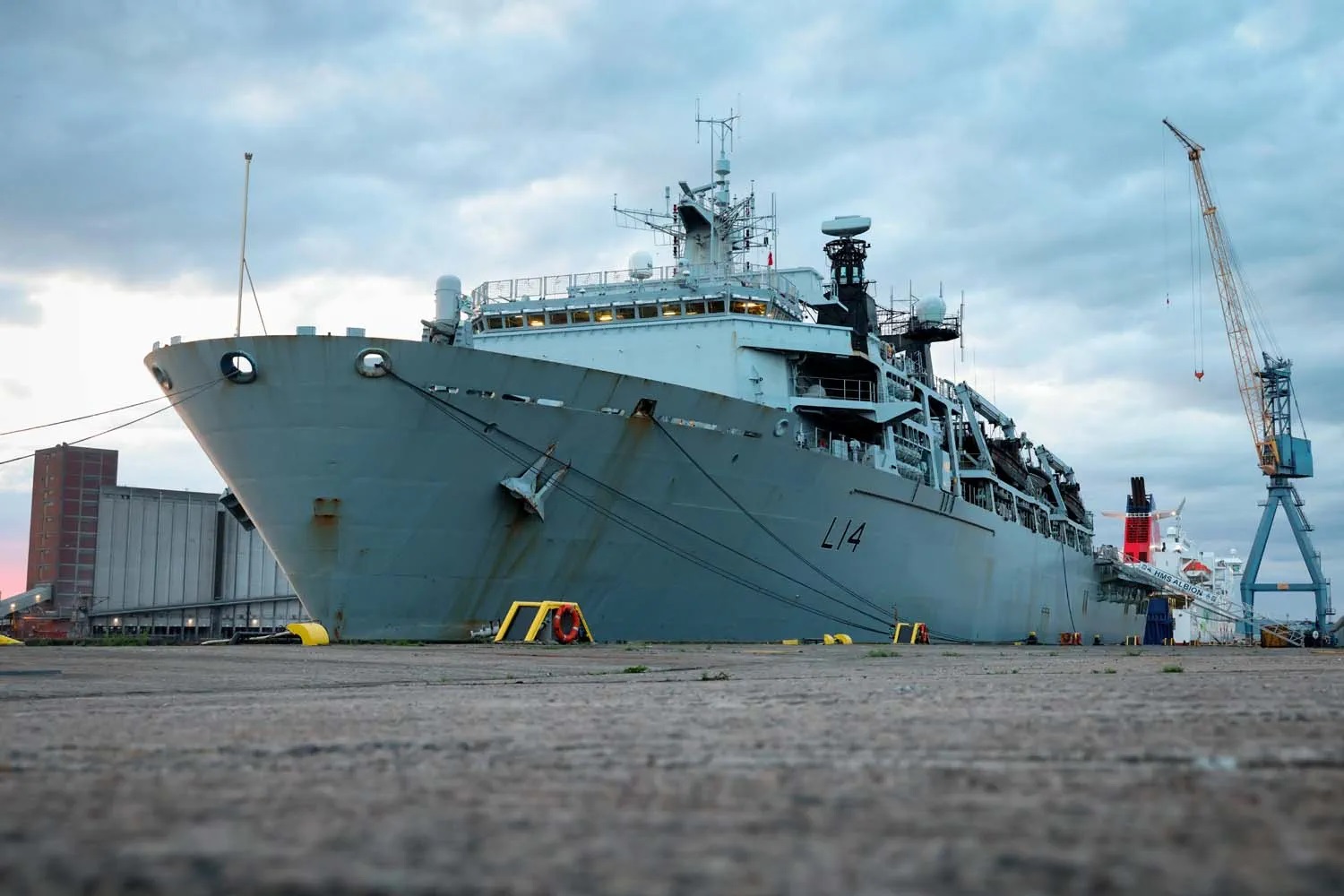In a significant shift in the UK’s defense strategy, the government has announced plans to decommission several Royal Navy warships, helicopters, and drones in an effort to redirect funds to other crucial defense initiatives. This decision, confirmed by Defence Secretary John Healy during a parliamentary hearing, aims to save the Ministry of Defence approximately 500 million pounds (around $625 million) in maintenance and repair costs over the next five years.
The list of decommissioned assets includes notable vessels such as the amphibious warfare ships HMS Albion and HMS Bulwark, as well as the HMS Northumberland frigate, which has been rendered too costly to repair due to structural damage. Additionally, the UK will be retiring its Watchkeeper drone fleet, which has faced challenges including significant cost overruns and concerns regarding flight safety.
The cuts extend beyond naval assets, affecting over 30 Royal Air Force helicopters, among them the well-known Chinooks and Pumas, some of which have provided service for over 30 years. Healy acknowledged the tough nature of these decisions, emphasizing that they are aimed at delivering better value for money while positioning the UK’s defense capabilities for modernization and strength.
Describing the decision as an “accelerated retirement,” Healy highlighted that many of these military assets were approaching the end of their operational life. The retirement is intended to facilitate the introduction of newer platforms, such as the H-47ER (Extended Range) Chinook helicopters and a new fleet called New Medium Helicopter to replace the Pumas. He underscored the necessity of adapting the UK’s defense strategy to keep up with evolving regional threats, stating, “To ensure that Britain is kept secure at home and strong abroad in a changing world, defense needs to make changes too.”
Despite the rationale presented by the government, the announcement has garnered criticism from opposition lawmakers who are voicing concerns regarding the UK’s preparedness for potential conflicts. Critics, including defense analysts, suggest that the decision could reflect underlying resource strain within the Ministry of Defence. Matthew Savill, a director at a prominent British defense think tank, warned that the upcoming Defence Review will need to carefully examine the future roles of critical units like the Royal Marines, the Navy’s capacity to maintain and expand its escort fleet, and the overall impact of these cuts on helicopter capacity and procurement.
The current changes are indicative of wider discussions about resource allocation within UK defense, highlighting the challenges ahead as the government grapples with balancing budget constraints and military readiness.













